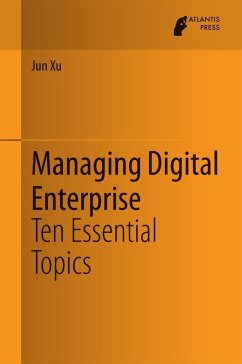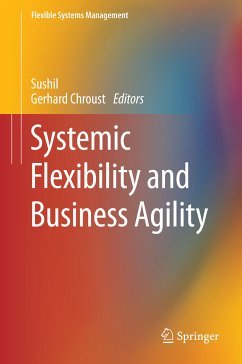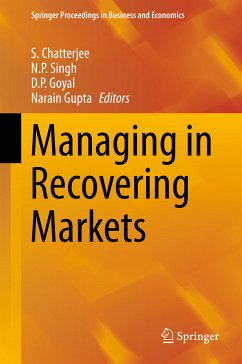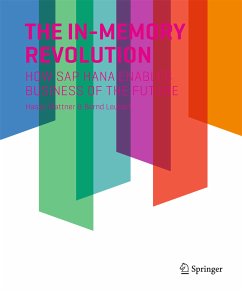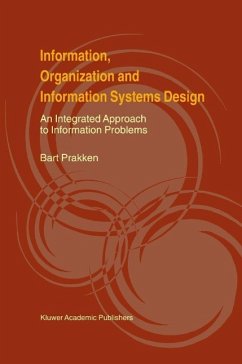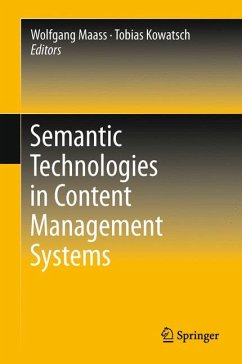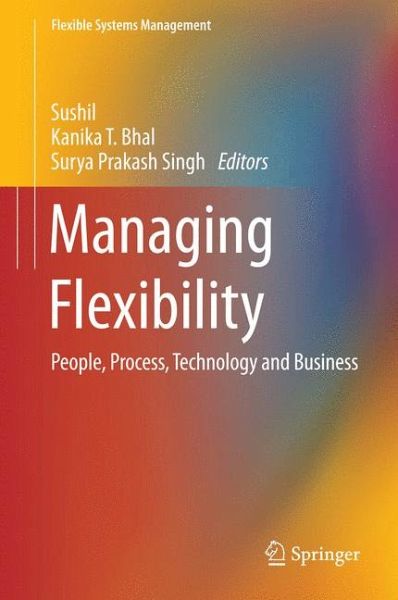
Managing Flexibility (eBook, PDF)
People, Process, Technology and Business
Redaktion: Sushil; Singh, Surya Prakash; Bhal, Kanika T.
Versandkostenfrei!
Sofort per Download lieferbar
112,95 €
inkl. MwSt.
Weitere Ausgaben:

PAYBACK Punkte
56 °P sammeln!
This edited book provides a conceptual framework of managing flexibility in the areas of people, process, technology and business supported by researches/case applications in various types of flexibilities in business. The book is organized into following five parts: (i) Managing Flexibility; (ii) People Flexibility; (iii) Process Flexibility; (iv) Flexibility in Technology and Innovation Management; and (v) Business Flexibility. Managing flexibility at the level of people, process, technology and business encompasses the requirements of both choice and speed. The need for managing flexibility...
This edited book provides a conceptual framework of managing flexibility in the areas of people, process, technology and business supported by researches/case applications in various types of flexibilities in business. The book is organized into following five parts: (i) Managing Flexibility; (ii) People Flexibility; (iii) Process Flexibility; (iv) Flexibility in Technology and Innovation Management; and (v) Business Flexibility. Managing flexibility at the level of people, process, technology and business encompasses the requirements of both choice and speed. The need for managing flexibility is growing to cope with the developments and challenges in the global business environment. This can be seen from reactive as well as proactive perspectives. Flexibility is a major dimension of business excellence and deals with a paradoxical view point such as stability and dynamism, continuity and change, centralization and decentralization, and so on. It needs to be managed at the levels of people, process, technology and various business functions and it is important to create flexibility at the level of people to create and manage flexibility in processes and technologies in order to support flexible business requirements.
Dieser Download kann aus rechtlichen Gründen nur mit Rechnungsadresse in A, B, BG, CY, CZ, D, DK, EW, E, FIN, F, GR, HR, H, IRL, I, LT, L, LR, M, NL, PL, P, R, S, SLO, SK ausgeliefert werden.




